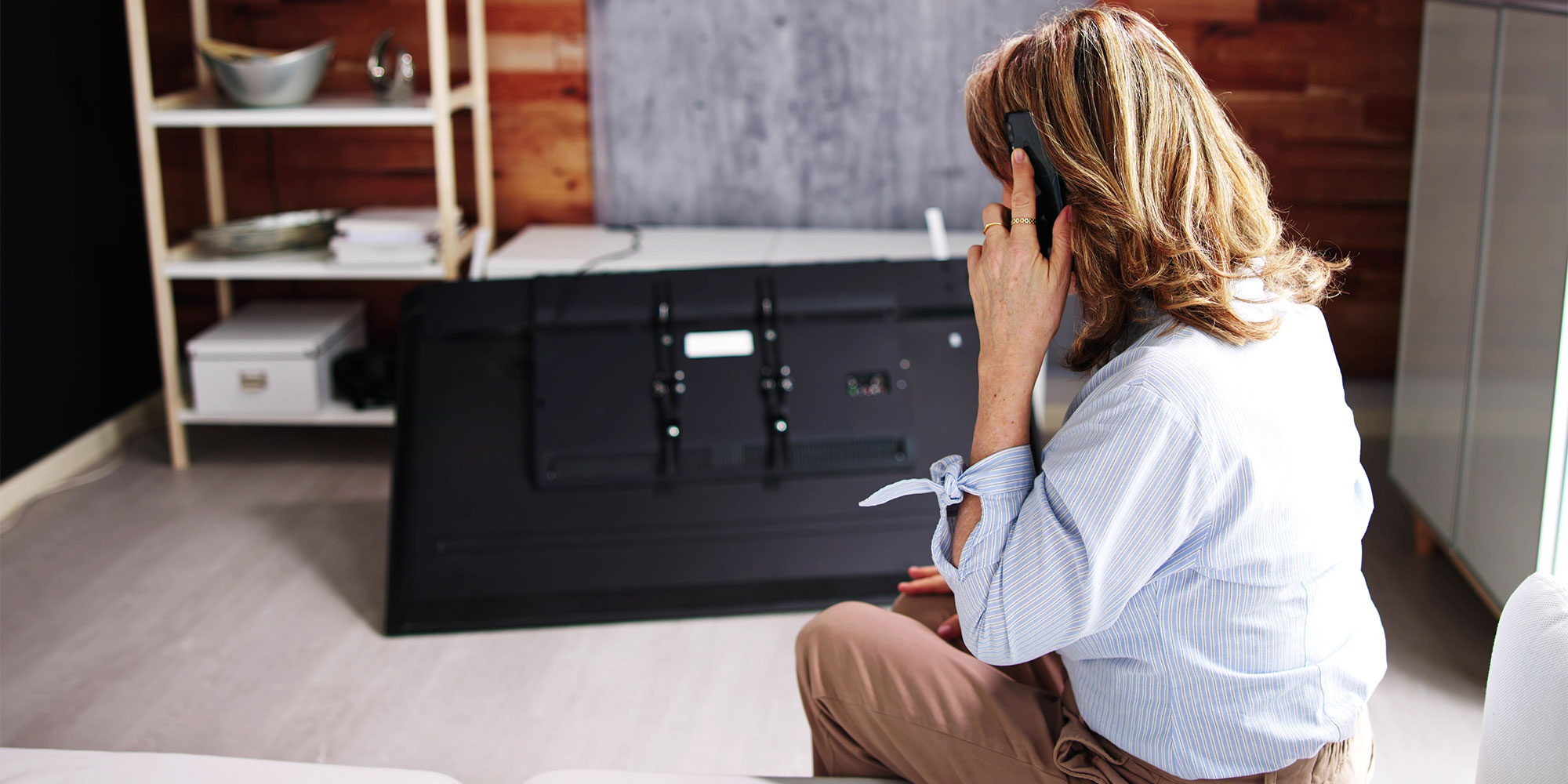
Compare home insurance deals
Check Which? insurance ratings and compare deals using the service provided by Confused.com
Get a quoteBy clicking a retailer link you consent to third-party cookies that track your onward journey. This enables W? to receive an affiliate commission if you make a purchase, which supports our mission to be the UK's consumer champion.

Everyone's home is different, and the features your home insurance policy offers as standard may not be enough.
Insurance add-ons provide a way to get cover that matters to you without paying extra for features you don't need.
Not sure what cover you already have? Our home insurance reviews list some of the add-ons available from each insurer, as well as what's covered as standard.

Check Which? insurance ratings and compare deals using the service provided by Confused.com
Get a quoteThe likelihood of you using a particular feature of your policy will vary depending on your specific circumstances.
However, it's fair to say that some add-ons are well used when looking at the big picture.
When we last surveyed people who'd claimed on their home insurance and asked what they'd claimed for, accidental damage to property and home emergencies were the first and third most common (out of 14 types of claim). The second was damage caused by high winds, rain or hail, which should be covered under your standard policy.
A fifth of respondents had claimed for accidental damage in the past two years, and one in six had made a home emergency claim.
Accidental damage cover usually refers to one-off incidents – general wear and tear isn't included.
Policies sometimes include some accidental damage cover as standard, such as for your TV or windows.
Cover for a wine spill or a rowdy toddler drawing on your sofa won't come as standard, so you'll need to extend your cover for this type of accident.
Home emergency cover is distinct from your main home insurance policy in that it's designed to provide rapid assistance for an urgent problem, for example, a burst water pipe or a broken boiler.
The cover, which can cost around £50 a year, can be useful for emergencies ranging from plumbing issues and electrical faults to problems with pests or vermin.
What the policies offer, and the levels of cover, vary significantly between home insurers, so make sure you check the terms and conditions of your policy.
A personal possessions add-on covers portable items, such as your handbag, mobile phone or tablet, while you're away from home or abroad.
One in 10 claimants in our survey had made a personal possessions claim.
However, restrictions apply, so check with your insurer before you buy. Also consider the excess for claims, and whether it would be worth claiming.
This add-on covers the cost of legal proceedings if you need to take action or defend a claim.
Fewer than one in 10 claimants in our survey said they'd made a legal expenses claim. This typically covers the legal expenses incurred in most personal injury, consumer, property and employment disputes, as well as any award of the other party's legal costs. A few insurers include this cover as standard, but most will charge an additional fee.
For a claim to be taken up, your insurer must be satisfied that you have a reasonable or better-than-average chance of winning your case at any time, not just when the claim is first raised.
Some home insurers have clauses that limit the hourly rate they pay their panel solicitors (which is likely to be far below the industry's agreed rate). This could limit the quality of solicitors you're likely to get.
Legal expenses cover is not the same as liability cover. The latter is typically included in standard home insurance and covers you if you're liable for damages.
If you own a bicycle, it will likely be covered in your house as standard under your contents cover – but in most cases, you'll need to pay extra to cover your bike when you're out using it.
Bicycle cover will typically protect you against theft and accidental damage. Cover limits can vary, however, as can the range of the cover: some policies will cover you in the UK, others also cover Europe and beyond.
Find the right policy for your home using the service provided by Confused.com
Get a quote now